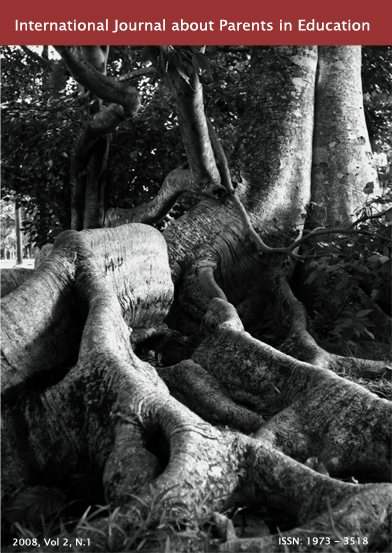The Effect of Perceived Parenting Styles on Self-Regulated Learning Strategies and Motivational Beliefs
DOI:
https://doi.org/10.54195/ijpe.18153Abstract
The main purpose of this study was to investigate the effect of perceived parenting styles on self-regulated learning strategies and motivational beliefs. The participants were 350 eighth grade students in a primary school. Perceived parenting styles were determined by utilizing the Parenting Styles Scale developed by Lamborn, Mounts, Steinberg and Dornbusch (1991). The students’ self-regulated learning strategies and motivational beliefs were measured using the Motivated Strategies for Learning Questionnaire developed by Pintrich and De Groot (1990). The results revealed that those dimensions of self-regulated learning related to the intrinsic value of study, self efficacy, cognitive and metacognitive self-regulated learning strategies were influenced by parenting styles. Students with authoritative parents were found to use more self-regulated learning strategies than those with authoritarian, indulgent and neglectful parents. However, the students with indulgent parents were found to use more cognitive and metacognitive strategies than those with authoritarian and neglectful parents. This study also indicated that the self-efficacy of students with authoritative parents is higher than that found among the students with indulgent, authoritarian and neglectful parents; and they experience less test anxiety than do the students with authoritarian parents.
Downloads
Downloads
Published
Issue
Section
License
Copyright (c) 2023 Münire Erden, Işil Uredi

This work is licensed under a Creative Commons Attribution 4.0 International License.




